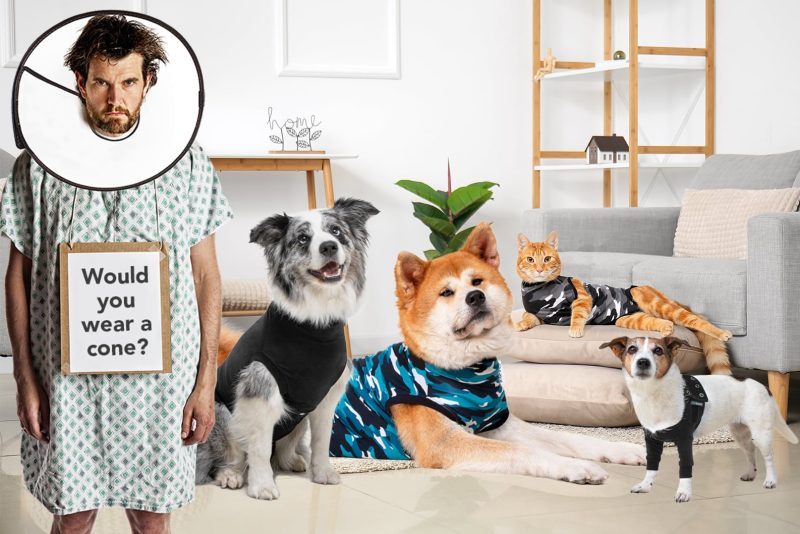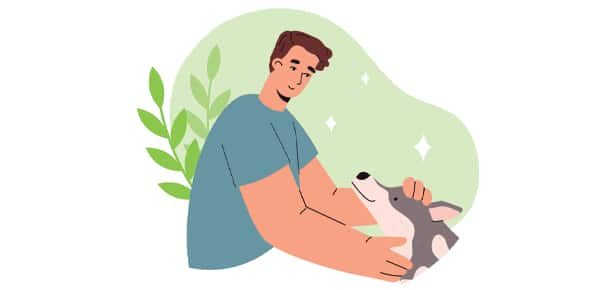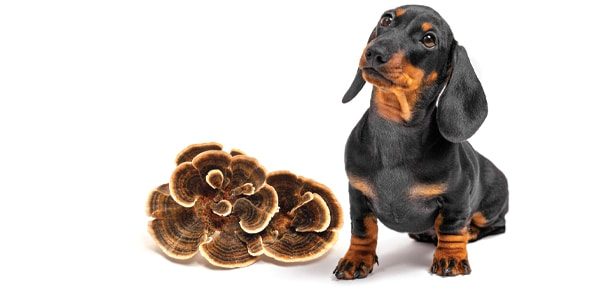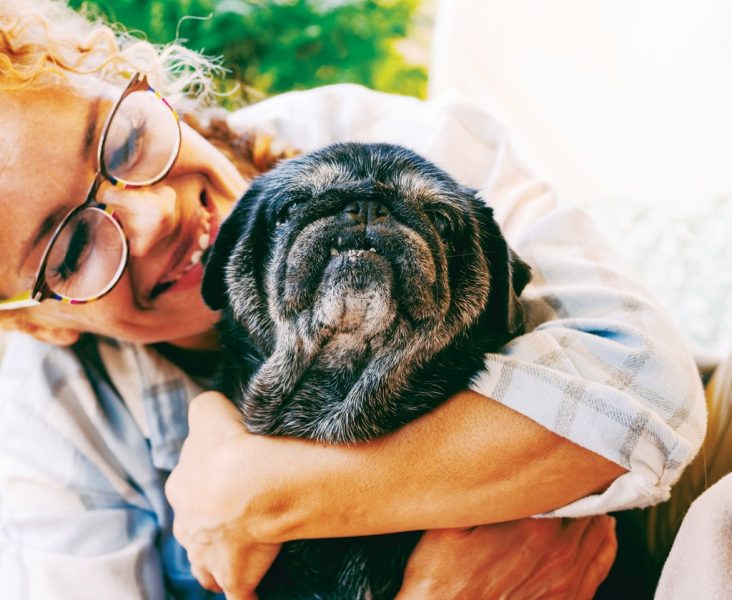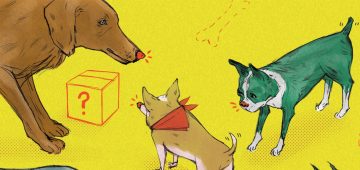- Dog CareDog LifeCommunity
- Photo Contest
Photo Contest- Giveaways
Wellness
WellnessOne Simple Scoop to Enhance Your Dog’s Wellness, Increa...
Arterra's Science-Backed Canine Supplement Improves Wellness and Longevity
Dogify Your Inbox
Get the FREE Modern Dog newsletter!"*" indicates required fields
By clicking the arrow, you agree to our web Terms of Use and Privacy & Cookie Policy. Easy unsubscribe links are provided in every email.
Wellness“Cone of Shame” Alternative Recovery doesn’t have to be stressful!
The “cone of shame,” also known as the old-fashioned Elizabethan collar, has... MoreWellnessBenefits of Colostrum for Dogs
Colostrum is renowned as an immune system booster. It is most often used to ... MoreWellness Eat8 Healthy Dog Food Toppers From Your Kitchen!
Integrative veterinarian Dr. Peter Dobias shares his favourite health-boosting dog food toppers
WellnessHome Remedies for Common Dog Ailments
Essential home remedies according to a leading veterinarian!
Featured Wellness Articles
The Dog Blog'Tis the Season to Give and Help Others
A friend of mine who is the Chief Sub-Editor on the Cape Times in Cape Town So... More
Latest Articles
WellnessArterra's Science-Backed Canine Supplement Improves Wellness and Longevity
WellnessEssential home remedies according to a leading veterinarian!
Expert Advice WellnessCould your dog benefit from a mushroom supplement? If they’re older or have cancer, the answer may well be yes
Dog Culture Nutrition Expert Advice WellnessCitizen scientists and their dogs take part in world’s largest dog study focused on healthy aging, breed traits, and more
Dogify Your Inbox
Sign up for the FREE Modern Dog Magazine newsletter & get the best of Modern Dog delivered to your inbox.
"*" indicates required fields
By clicking the arrow, you agree to our web Terms of Use and Privacy & Cookie Policy. Easy unsubscribe links are provided in every email.

